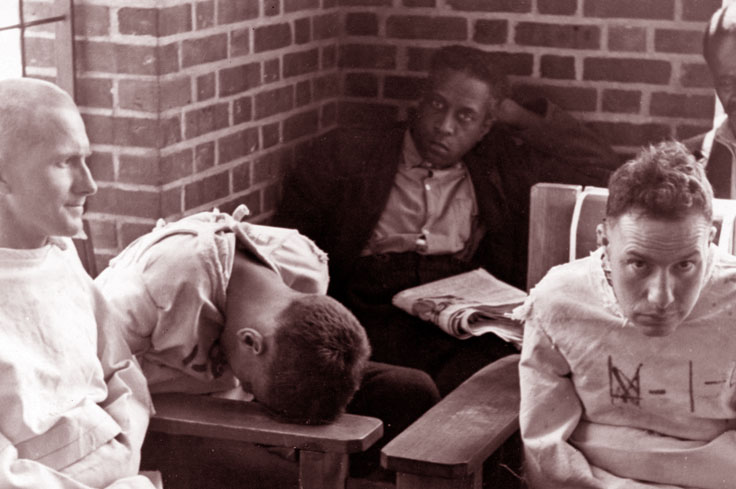No Privacy, Only Surveillance

There Was No Privacy
Once admitted, patients discovered that privacy was a luxury they couldn’t afford. Asylums were overcrowded, and patients were often crammed into shared rooms with no personal space. The lack of privacy extended to every aspect of life, including bathing and using the toilet, which were communal activities, adding to the indignity and trauma.
Constant Surveillance
Patients were under constant watch, with little chance to be alone or unobserved. This relentless surveillance was justified as necessary for safety, but it also stripped individuals of their dignity. Every movement was monitored, and any behavior deemed abnormal was met with swift, often harsh, intervention. The feeling of always being watched added a layer of psychological torment to their physical confinement.



